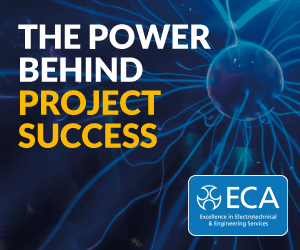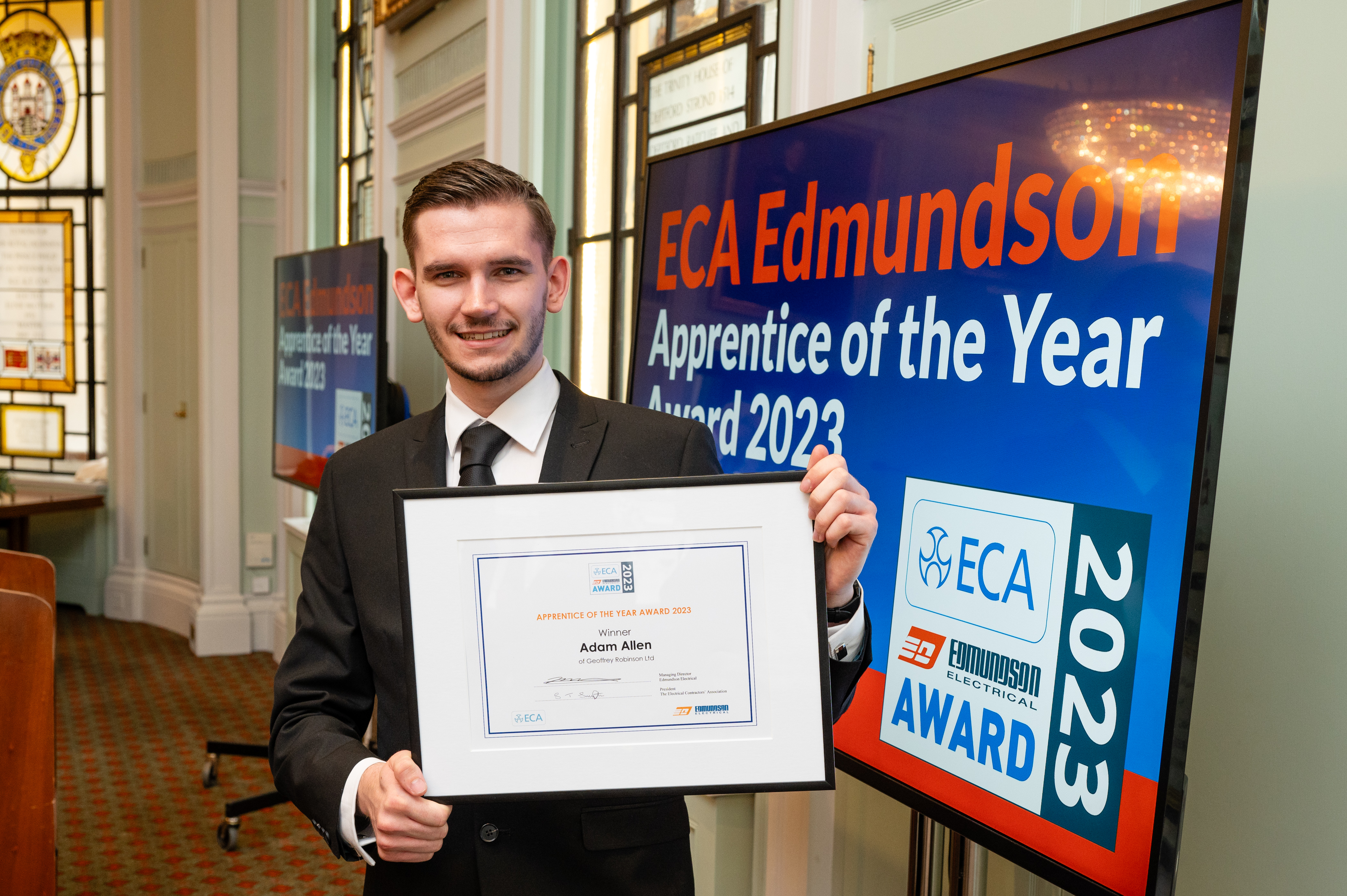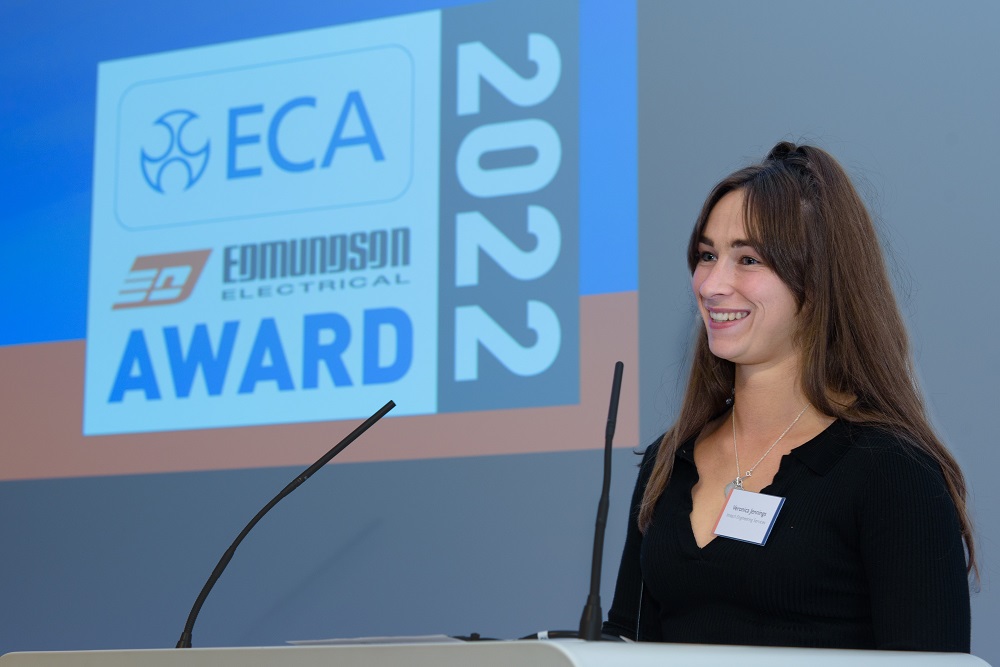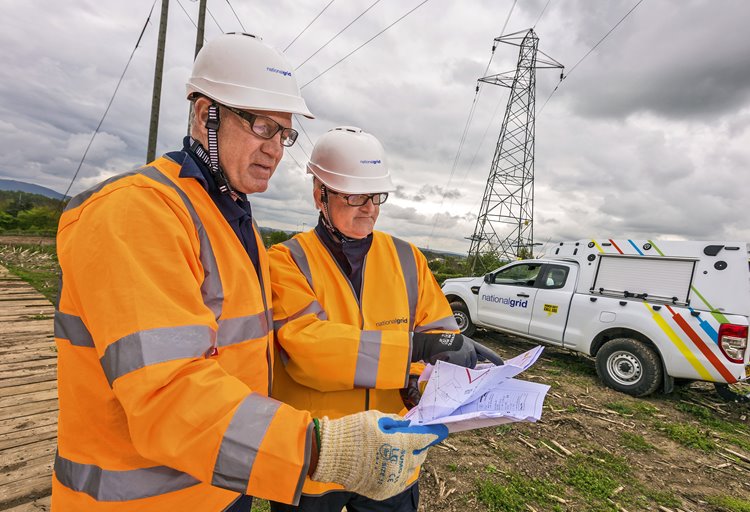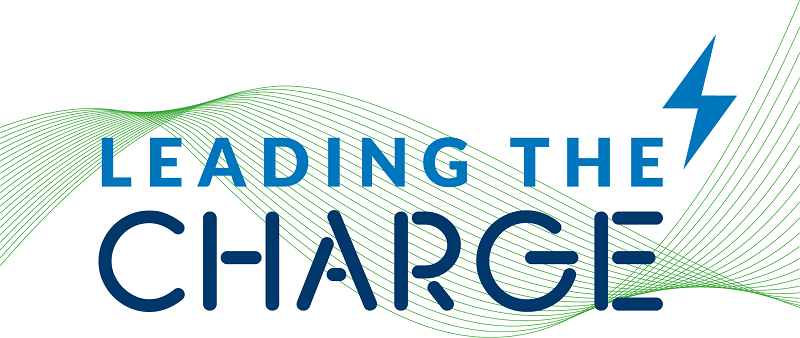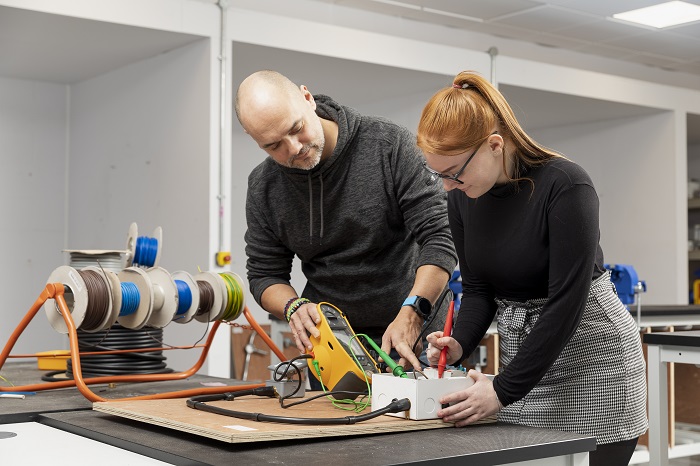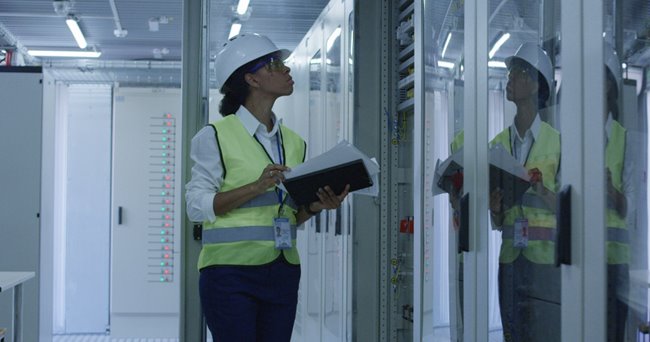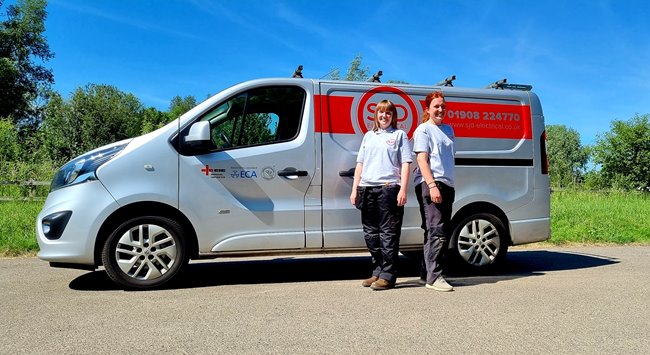Case study: AJ Taylor's launchpad for renewables success
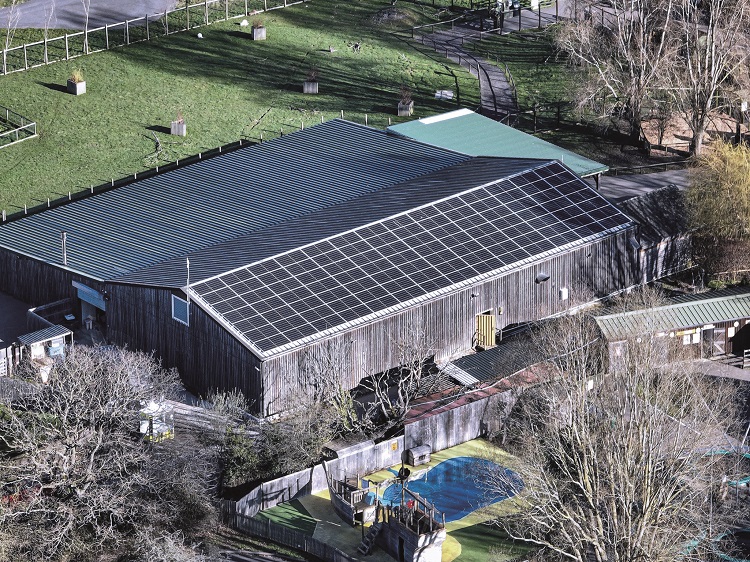
ECA Member AJ Taylor talks about continually finding low carbon opportunities and why they value their electrotechnical skills and qualifications so highly.

Working in our industry today requires smart thinking to spot emerging trends and the adaptability to respond to opportunities. Electrical contractor AJ Taylor has spent 40 years building on its foundation of electrotechnical skills, and during the last two decades it has embraced low-carbon technologies such as solar PV and then batteries and EV chargers.
Founded in 1983 with just two electricians and a single apprentice, the company now employs over 50 people. Many of those, like Operations and Sales Director Anthony Tristram, have worked their way through the ranks from apprentice to management.
“We have always been electrical contractors and continue to carry out these projects. We first got involved with solar panels when we worked alongside solar installers to provide our additional electrical skills. It quickly became clear that we could, and should, provide the work ourselves,” he explains.
In 2010, the solar PV sector was having a major boom, supported by the government’s initially generous Feed-In Tariff Scheme (FITs). AJ Taylor achieved certification under the Microgeneration Certification Scheme (required for customers to access the all-important FITs payments). Although many businesses left the solar sector when the FITs payments stopped in 2018, the business decided to keep up with the technology.
“Even after FITs were withdrawn, we maintained our MCS accreditation because we felt it was a valuable part of our offering,” says Tristram. “Now, we have considerable experience in these projects, and fifteen of our team are electricians with solar training.”
Because of its electrical engineering and contracting background, today the business can provide full-service solar installation, from initial design and advice on products, including panels inverters and associated batteries, to installation. This know-how continues to bring in clients.
A recent example is Knockhatch Adventure Park Surrey. The Park’s owners were keen to make use of solar panels and so, reports AJ Taylor’s Renewables Manager, Darren Pearce: “We were tasked with reducing the site’s carbon footprint as much as possible and reducing their electricity bills.”
Using specialist in-house software, Pearce’s team sized the solar array to deliver the best financial and carbon outcomes for the client. He says: “We start the project by gathering as much energy consumption data as possible and using software to match it against power generation patterns as closely as possible.”
The Park now has a 179kW solar system of arrays across five buildings. These deliver significant ongoing energy cost savings, due to sustained high electricity prices and currently save 25 tonnes of CO2 per year.
“Each building has its own solar PV inverter that enables it to reduce its reliance on the grid and allow Knockhatch Park to get close to its carbon neutral goal,” adds Pearce.
Extensive solar experience has also enabled the company to provide extensive support to East Sussex County Council. Once again, the Council is adopting renewable technologies to help it achieve energy savings and to decarbonise its activities.
Tristram says: “We have implemented a large-scale solar PV project for the Council across a mixture of commercial, educational and government buildings. The project’s main objectives were to install PVs and supporting battery storage systems across the sites.”
One of the key aims for the Council was to make its solar projects self-sustaining due to energy savings. “This has been a very important aspect of the work for us,” says Tristram.
“The adoption of solar energy on these sites has resulted in considerable cost savings for the Council, contributing to its bottom line. In addition, stakeholders and site users see the value of solar and have been inspired to launch similar initiatives across the organisation.”
AJ Taylor provided training for building operators at handover and continues to support the sites with an operations and maintenance programme, including regular inspections and rapid response on any technical issues.
Delivering projects at this scale requires a dedication to ensuring its installers and engineers understand the technology and are confident working with it. Training and education are fundamental to the company’s approach to building the business and it continues to take on apprentices, having built a good relationship with its local college. Training also extends to more senior members of staff, explains Tristram:
“When we started solar PV installations, we took on our own roofing specialist. He has helped to pass on valuable skills to our team. Now, we are sending him through the electrical apprenticeship as well,” he says.
Tristram believes that qualified electricians should lead the way in the solar field. “There are a lot of people out there installing solar who don’t have electrical skills, and too often I think that’s giving the technology a bad name. We aim to work with clients long-term and ensure the system is set up so they get the payback on their investment in correctly-designed and installed systems.”
Looking to the future, batteries are an important trend. They have partnered with Tesla batteries since the company entered the UK market in 2016. Again, this has been a case of spotting a trend early and seeing it to fruition:
“It was a slow start. In our first year, we installed a single battery; the following year, it was three. Last year, we installed 150,” says Tristram. The benefit of starting early is that the company’s engineers and installers got to know the equipment and how it works, giving them a distinct advantage in a growing market.
With the UK government prevaricating over its Net Zero and renewables goals, it could be frustrating for a business operating in the renewables field. However, the team are not perturbed.
Anthony Tristram says: “Our team is made up of electricians, and we will always have electrical contracting work as the base of our business. And whatever the government’s policies, interest in solar is growing because of higher electricity prices.
“We are very happy that we decided to move into renewables and other low carbon technology by building on the firm base of our team’s core electrotechnical skills.”
.jpg?width=970&height=90&ext=.jpg)




